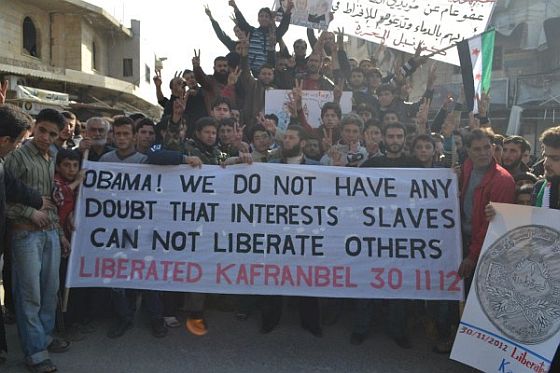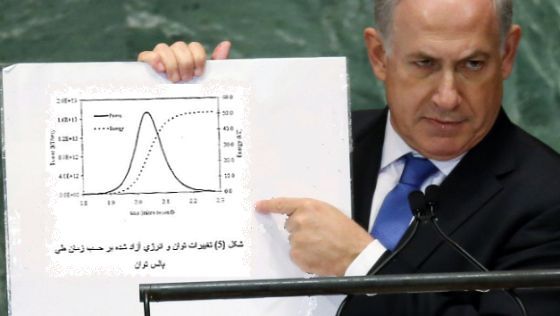Just hours before the United Nations General Assembly voted overwhelmingly in favor of granting Palestine the status of a non-member state, Israeli prime minister Benjamin Netanyahu said: “As prime minister, I will not allow the growth of another Iranian terror base in Judea and Samaria – the heart of the country – just a kilometer outside of central Jerusalem.”
The Israeli ambassador to the UN Ron Prosor repeated the same talking point in his speech before the General Assembly: “Israel remains committed to peace, but we will not establish another Iranian terror base in the heart of our country.”
The “heart of the country” both referred to is the West Bank — or Judea and Samaria as Zionists prefer to call it.
Netanyahu may claim to support a two-state solution, but even after what was billed as an historic declaration in his speech in 2009, Israel’s settlements have continued to expand “in the heart of the country” and that country is Greater Israel, not Palestine.
As the world — with the exception of a handful of countries bound by servile ties to Israel — spoke with one voice in support of the creation of a Palestinian state, Israel stuck up its middle finger in defiance and approved yet more settlements.
The New York Times reports: As the United Nations General Assembly voted overwhelmingly to upgrade the Palestinians’ status Thursday night, Israel took steps toward building housing in a controversial area of East Jerusalem known as E1, where Jewish settlements have long been seen as the death knell for a two-state solution to the Israeli-Palestinian conflict.
A senior Israeli official, speaking on the condition of anonymity, said on Friday that the decision was made late Thursday night to move forward on “preliminary zoning and planning preparations” for housing units in E1, which would connect the large settlement of Maale Adumim to Jerusalem and therefore make it impossible to connect the Palestinian cities of Ramallah and Bethlehem to Palestinian neighborhoods of East Jerusalem. Israel also authorized the construction of 3,000 housing units in other parts of East Jerusalem and the West Bank, the official said.
The prime minister’s office refused to comment on whether the settlement expansion — first reported on Twitter by a reporter for the Israeli daily Haaretz — was punishment for the Palestinians’ success in upgrading its status from nonmember observer entity to nonmember observer state at the United Nations, but it was widely seen as such. The United States, one of only eight countries that stood with Israel in voting against the Palestinians’ upgrade, has for two decades vigorously opposed construction in E1, a 3,000-acre expanse of hilly parkland where a police station was opened in 2008.
In Washington, a State Department official criticized the move. “We reiterate our longstanding opposition to settlements and East Jerusalem construction,” he said. “We believe it is counterproductive and makes it harder to resume direct negotiations and achieve a two-state outcome.”
Hagit Ofran, who runs the Settlement Watch project of Peace Now, called E1 a “deal breaker for the two-state solution” and denounced the decision as “disastrous.” [Continue reading…]




